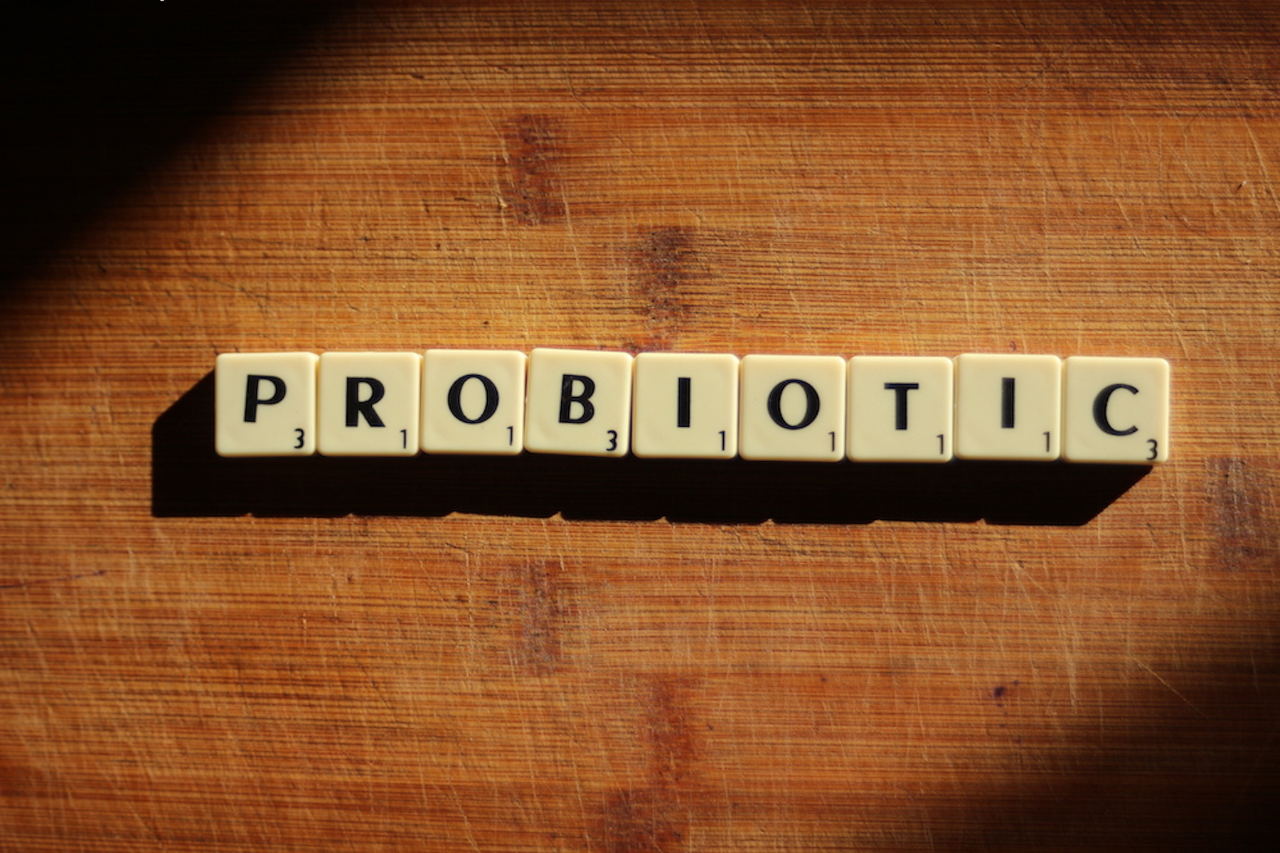The most inconvenient stomach ailments are the worst. If you’re seeking a solution to your stomach issues, the distinction between Digestive Enzymes Vs Probiotics is undoubtedly something you consider.
Probiotics and digestive enzymes are two of the most prevalent digestive health components required for a healthy gastrointestinal tract. They both act to promote digestive function and avoid gut imbalance, despite their very diverse roles. Some individuals may ask whether one is better than the other or if taking both is safe and effective. Will the digestive enzymes or probiotics might assist?
We’ll look at how digestive enzymes and probiotics function in this article and help you pick the right one for you. We’ll go over the advantages and things to think about before using a supplement.
Gastrointestinal Tract
The gastrointestinal system comprises a succession of hollow organs connected by a long, twisting tube. The mouth, small intestine, large intestine, esophagus, stomach, and anus are GI tracts. The solid organs of the digestive system are the liver, pancreas, and gallbladder. The gastrointestinal system has two functions:
- It converts the food we ingest into a nutrient-dense form to keep the body in good shape and rebuild it.
- It gives a home for different bacterium strains, which aid the immune system
Your digestive system is complex in and of itself, requiring the cooperation of various digestive elements for nutrients to be effectively broken down and absorbed to benefit the body.
Digestive enzymes play an essential role in this process; Especially when paired with other beneficial components such as probiotics. Continue reading if you’re intrigued about the differences between Digestive Enzymes Vs Probiotics.
What are Probiotics?
Increasing the number of good bacteria in your intestines may have some health benefits. Prebiotics are the dietary fiber that acts as a food source for probiotics, giving them enough energy to increase and work hard on your behalf.
Probiotics come in a variety of forms that get utilized to achieve various health aims. Because probiotics, unlike enzymes, are not manufactured by the body, they must get ingested through the food. They can get found in a wide range of foods.

Probiotics come in a range of forms, and the healthiest diets will incorporate a mix of them. You can use Prebiotics as a dietary supplement, and the symptoms are typically similar to those of enzyme deficiency.
Prebiotics are abundant in probiotic supplements, with enough prebiotics packed into each capsule for the bacteria to feed on. When probiotics eat prebiotics, they make short-chain fatty acids that help our gut lining stay healthy. It even impacts general areas such as skin health.
Note: Including a probiotic pill in your wellness regimen can help you achieve optimal digestion and bowel function while improving your overall health.
What are Digestive Enzymes?
Digestive enzymes are tiny, spherical protein molecules with a particular shape. Like a lock and key, each enzyme attracts and interacts with other unique molecules. Breaking down different types of food molecules into their parts requires a lot of work. There are three different types of digestive enzymes.
- Amylases
- Lipases
- Proteases
Digestive enzymes are present in saliva, the stomach, and the small intestine and get generated throughout the upper digestive system. Your pancreas produces the bulk of digestive enzymes.
When the body is unable to have enough of a specific enzyme, food intolerance develops. An enzyme shortage can also cause a weakened immune system. It stops your body from properly digesting food. To prevent placing such a load on your digestive system, make sure you’re receiving enough enzymes in your diet.
Note: People on weight-loss programs occasionally utilize supplements containing digestive enzymes
Digestive Enzymes Vs Probiotics
- Probiotics are living bacteria and yeasts that aid in gut flora equilibrium. Digestive enzymes are nonliving proteins that aid in the acceleration of chemical reactions in the gastrointestinal system.
- Both are vulnerable to heat, so if you’re going to empty the capsules into meals, make sure they’re cool enough to consume!
- Probiotics, on the other hand, must refrigerate.
- Both are beneficial to the immune system.
- Because enzyme molecules are a hundred million times smaller than probiotic organisms, they can fit into the same sized capsule. It is one of the reasons why enzymes are so effective.
- Enzymes break down food into nutrients. Moreover, human-adapted probiotics may survive in the gut for up to two weeks, eating, multiplying, and fighting off other microorganisms.
Digestive Enzymes Vs Probiotics: Which One for You?
Although enzymes and probiotics have similar activities in the body, there are times when one or the other will be more beneficial. Your symptoms, or the messages your body is sending you, hold the key. If you’re not sure what’s best for you, talk to your doctor or a natural health practitioner about your options. They might be able to help you figure out which choice is ideal for you. Generally speaking,
- If you’re lactose intolerant, taking a digestive enzyme supplement with lactase will help you feel better.
- Probiotics are preferable to digestive enzymes if you’ve just undergone a round of antibiotics.
It is perfectly fine to combine probiotics and enzymes if necessary. While they both promote digestive health, they target distinct digestive disorders.
Digestive Enzymes Vs Probiotics – Bottom Line
Digestive enzymes break different macronutrients in our meals. Supplementing with digestive enzymes regularly may not be advisable or essential for everyone. Long-term use of probiotics is relatively safe, as there is no risk of addiction or dependence. Probiotics help to maintain general gut health, as well as smooth digestion and bowel movements. Probiotics may help digestive enzyme supplements work better.
In addition, it’s critical to select a digestive enzyme that’s right for you depending on your symptoms and the foods that your body reacts to, but don’t forget to talk to your doctor first.
More on LittleMedi.com: How to increase stomach acid? Read here.